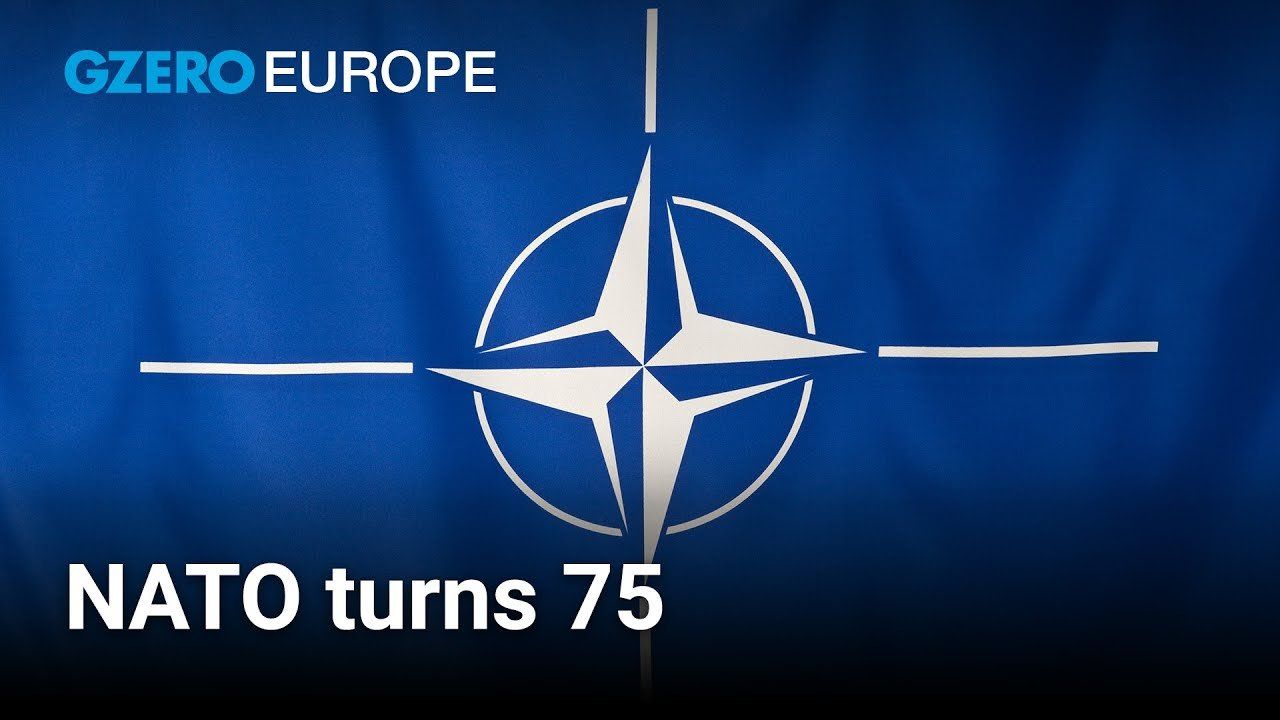April 08, 2024
Carl Bildt, former prime minister of Sweden, shares his perspective on European politics from Stockholm.
How is the role of NATO evolving now as the 75th anniversary of the organization coming up?
Well, it's going to be Ukraine that's going to be defining the future of NATO. Two issues most immediately: One, if NATO can take on a stronger role for coordinating military aid to Ukraine, that's been done so far by an ad hoc coalition and US support; there’s a proposal on the table for taking that over. The second is, of course, what Secretary General Jens Stoltenberg proposed on the day of the ministerial meeting in Brussels, to set up a very large fund for financing the military support in the years to come. We'll see how these two proposals evolve over the time period up until the Washington summit. And then there's, of course, the big issues of Ukraine membership.
How will the willingness of different countries to give military support be affected by what we've seen in terms of attacks on humanitarian aid in the last ten days?
Obviously, a negative impact, and a vivid debate, not least in the UK, over this decision. But I think most will be dependent upon how Israel will react, whether it will change its way of operating in terms of allowing humanitarian access of a sufficient quantity in and respecting the rights of humanitarian workers and truly respecting military law. Open questions, remains to be seen,From Your Site Articles
- NATO bares its teeth ›
- The Graphic Truth: How NATO absorbed its old foes ›
- Ian Explains: Why Israel's Netanyahu continues to antagonize Biden on Gaza ›
- NATO at 32. How about 33? ›
- How Erdogan won the NATO Summit ›
- NATO turns 75. Will it make it to 80? ›
- Will Ukrainian airstrikes inside Russia shift the war? - GZERO Media ›
- NATO Summit: Biden's uncertain future worries US allies - GZERO Media ›
- Ukraine can still win this war, says Poland's FM - GZERO Media ›
- Is Ukraine running out of time? Former US ambassador Ivo Daalder sizes up the Russia-Ukraine war - GZERO Media ›
- Defending Ukraine and Europe without the US - GZERO Media ›
More For You
- YouTube
Michael Froman explains how the world is adjusting to Trump’s more transactional and unilateral approach to global power.
Most Popular
- YouTube
At the 2026 Munich Security Conference, NATO Parliamentary Secretary General Benedetta Berti explains why hybrid threats, from undersea cable sabotage to disinformation, energy coercion, and cyberattacks, are no longer isolated incidents but a defining feature of today’s security environment.
- YouTube
In this Quick Take from Munich, Ian Bremmer examines the state of the transatlantic alliance as the 62nd Munich Security Conference concludes.
- YouTube
At the 2026 Munich Security Conference, Brad Smith announces the launch of the Trusted Tech Alliance, a coalition of global technology leaders, including Microsoft, committing to secure cross-border tech flows, ethical governance, and stronger data protections.
© 2025 GZERO Media. All Rights Reserved | A Eurasia Group media company.
